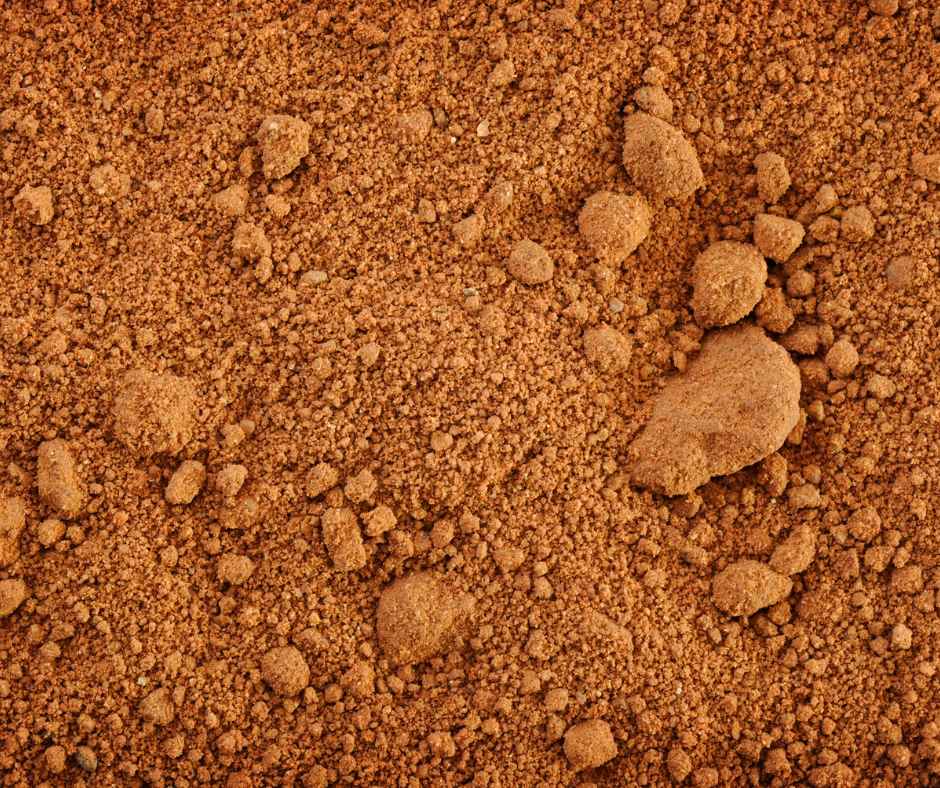Proudly Serving Rock Hill and Surrounding Areas
How to Fix Discolored Water in Your Home’s Water Heater: Residential Plumbing Insights

Ever turned on the tap and noticed discolored water flowing out? It can be unsettling—and might leave you wondering if something’s wrong with your plumbing. The good news is, discolored water is often linked to your water heater and can be fixed with a few straightforward steps. Over time, minerals, rust, or sediment can build up in the tank, causing your water to appear brownish, reddish, or cloudy.
Understanding what causes this and how to resolve it can save you time and prevent costly repairs. In this guide, we’ll walk you through common causes of discolored water, how your water heater plays a role, and simple fixes to restore your water to crystal-clear.
Whether it’s flushing the tank, replacing an anode rod, or recognizing when to call a professional, we’ve got the insights you need to keep your home’s plumbing system running smoothly.
What Causes Discolored Water From A Residential Water Heater?
Discolored water can be attributed to several factors, often related to the water heater itself. Understanding these causes can help homeowners identify the source of the problem and take appropriate action.
- Rust and Sediment Buildup: Over time, minerals and sediments can accumulate in the tank of your water heater. If the tank is corroding, rust can break loose and contaminate the water. This is particularly common in older water heaters or those that have not been properly maintained.
- Temperature and Pressure Issues: High temperatures and pressure within the water heater can cause the tank to release sediments into the water. If the thermostat is set too high, it can exacerbate this problem, leading to discoloration.
- Water Source: Sometimes, the discoloration may not originate from the water heater itself. If the municipal water supply has issues, such as high iron content or other contaminants, it can lead to discolored water flowing through the system.
- Anode Rod Degradation: Water heaters contain anode rods designed to prevent corrosion by attracting corrosive elements. If the anode rod is corroded or depleted, it may no longer effectively protect the tank, leading to rust and discolored water.
How Can Discolored Water Affect Your Plumbing System?
Discolored water is more than just an aesthetic issue; it can have several implications for your plumbing system:
- Health Risks: Depending on the cause of the discoloration, there may be health risks associated with using contaminated water. For example, if the discoloration is due to rust, it could indicate that your water supply is compromised.
- Appliance Damage: Appliances that use hot water, such washing machines and dishwashers, are vulnerable to discoloration in water. When sediment and minerals accumulate, it can cause problems, increased energy expenditures, and decreased efficiency.
- Clogged Pipes: Sediments and rust can accumulate in pipes, leading to clogs. This not only affects water flow but can also increase pressure in the system, causing leaks or burst pipes.
- Decreased Water Quality: Discolored water is often associated with poor water quality, which can affect everything from cooking and bathing to drinking. It may have an unpleasant taste or odor, making it unfit for consumption.
What Are Common Solutions For Fixing Discolored Water In Water Heaters?
Addressing discolored water from your water heater involves a few straightforward steps, depending on the underlying cause. Here are some common solutions:
- Flush the Water Heater: Flushing your water heater can help remove sediments and rust buildup. This process involves:
- Eliminating the heater’s power source or gas supply.
- Linking a garden hose to the tank’s bottom drain valve.
- Opening the valve and allowing the tank to empty completely, then refilling it with fresh water.
- Repeating this process a few times may be necessary to fully clear any sediment.
- Inspect and Replace the Anode Rod: If the anode rod is corroded or depleted, it should be replaced. This rod is crucial for preventing rust within the tank. Homeowners can usually perform this inspection, but if you’re unsure, it’s best to consult a professional.
- Adjust the Temperature Setting: To lessen the impact on the sediment, turn down the water heater’s temperature setting. The majority of household demands may be met at a safe temperature of about 120°F.
- Install a Water Softener: If hard water is a contributing factor, consider installing a water softener. This device can help reduce the minerals that lead to discoloration and protect your plumbing system from buildup.
- Check the Water Supply: If you suspect that the discoloration originates from the municipal supply, contact your water provider. They may be able to provide insights into any issues affecting water quality in your area.
When Should A Professional Plumber Be Called For Water Discoloration Issues?
While some homeowners may feel comfortable tackling water discoloration issues independently, certain situations warrant a call to a professional plumber. Here are some instances when you should seek expert help:
- Persistent Discoloration: If you have attempted to flush the water heater and the discoloration persists, it may indicate a more serious problem, such as internal corrosion.
- Complicated Plumbing Systems: If your home has a complex plumbing system or if the discoloration affects multiple fixtures, a plumber can help identify the root cause.
- Health Concerns: If you suspect that the discoloration is due to contaminants that could pose health risks, it is essential to seek professional assistance immediately.
- Lack of Experience: It is recommended that you seek the advice of a certified plumber if you are uncertain about the proper way to maintain or repair your water heater.
Discolored water from your water heater can be concerning, but understanding the causes and solutions can help you address the issue effectively. Regular maintenance, timely repairs, and professional assistance when necessary can ensure your home’s water supply remains clean and safe. Don’t hesitate to take action—your health and plumbing system depend on it!
How Full Spectrum Plumbing Services Can Benefit You
At Full Spectrum Plumbing Services, we understand the complexities of residential plumbing systems and the importance of having clean, reliable water. Our team of experienced professionals is dedicated to providing top-notch plumbing services to address issues like discolored water from your water heater, ensuring your home runs smoothly.
Here’s how our services can benefit you:
- Expert Diagnosis: Our skilled plumbers can accurately diagnose the root cause of water discoloration and other plumbing issues. To find issues fast and efficiently, we use cutting-edge technologies and procedures.
- Comprehensive Solutions: From flushing water heaters to replacing anode rods and installing water softeners, we offer a wide range of solutions tailored to your specific needs. Our goal is to restore the quality of your water and the efficiency of your plumbing system.
- Preventative Maintenance: Regular maintenance is key to avoiding plumbing issues before they escalate. Our team can provide routine inspections and maintenance services, ensuring your system operates efficiently and preventing costly repairs down the line.
- Customer Satisfaction: Superior customer service is one of our greatest strengths. To make sure you are completely happy with our work, our helpful staff is available to respond to your inquiries and resolve any issues you may have.
With Full Spectrum Plumbing Services, you can trust that your home’s plumbing needs are in capable hands.
Don’t Let Discolored Water Disrupt Your Home Life!
If you’re experiencing discolored water or other plumbing issues, don’t wait for the problem to worsen. Contact Full Spectrum Plumbing Services today! Our expert team is ready to provide the solutions you need to restore the quality of your water and ensure your plumbing system runs smoothly. Call us now to schedule an appointment and experience the peace of mind that comes with professional plumbing care!
Recent Posts

The Hidden Effects of Carolina Clay Soil on Your Sewer Line

Common Plumbing Problems Charlotte Homeowners Face Each Year

How Charlotte NC Residents Can Protect Their Homes From Winter Pipe Damage
Have a Question?


